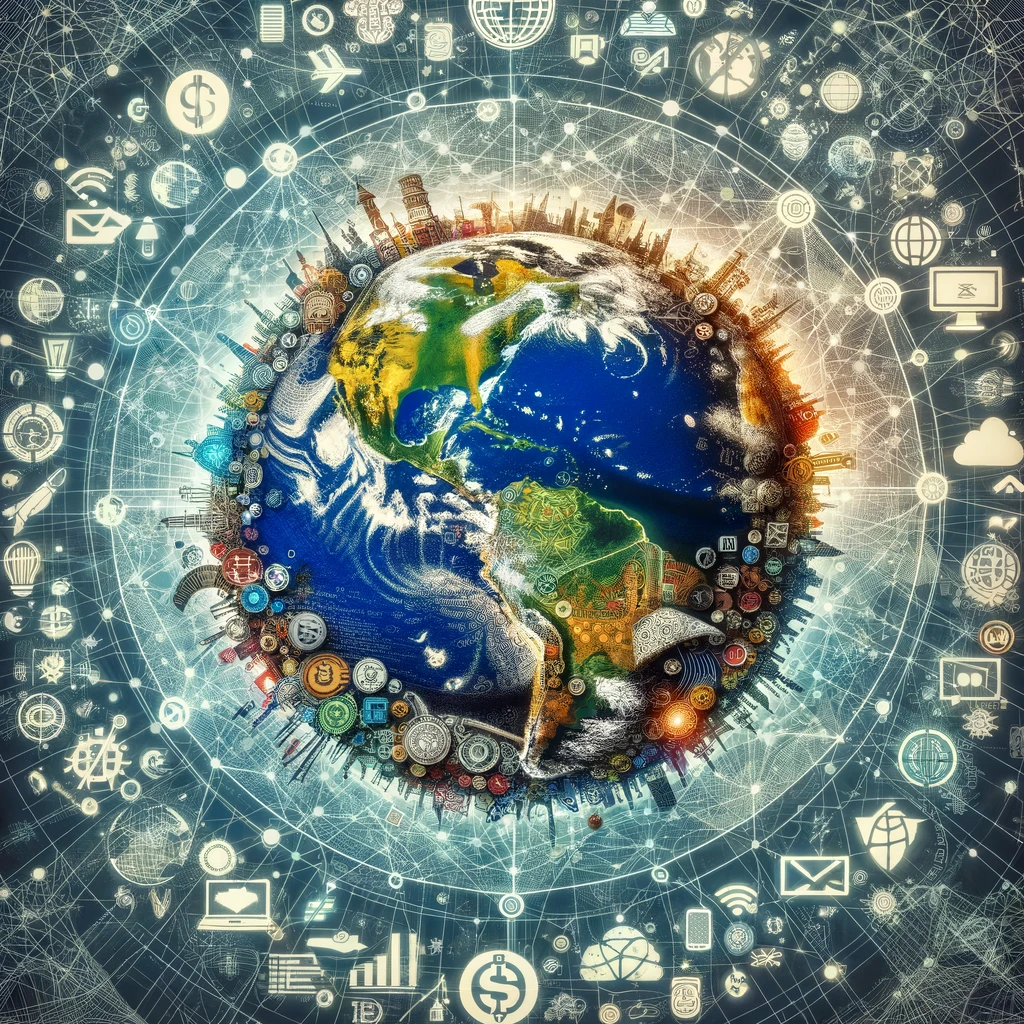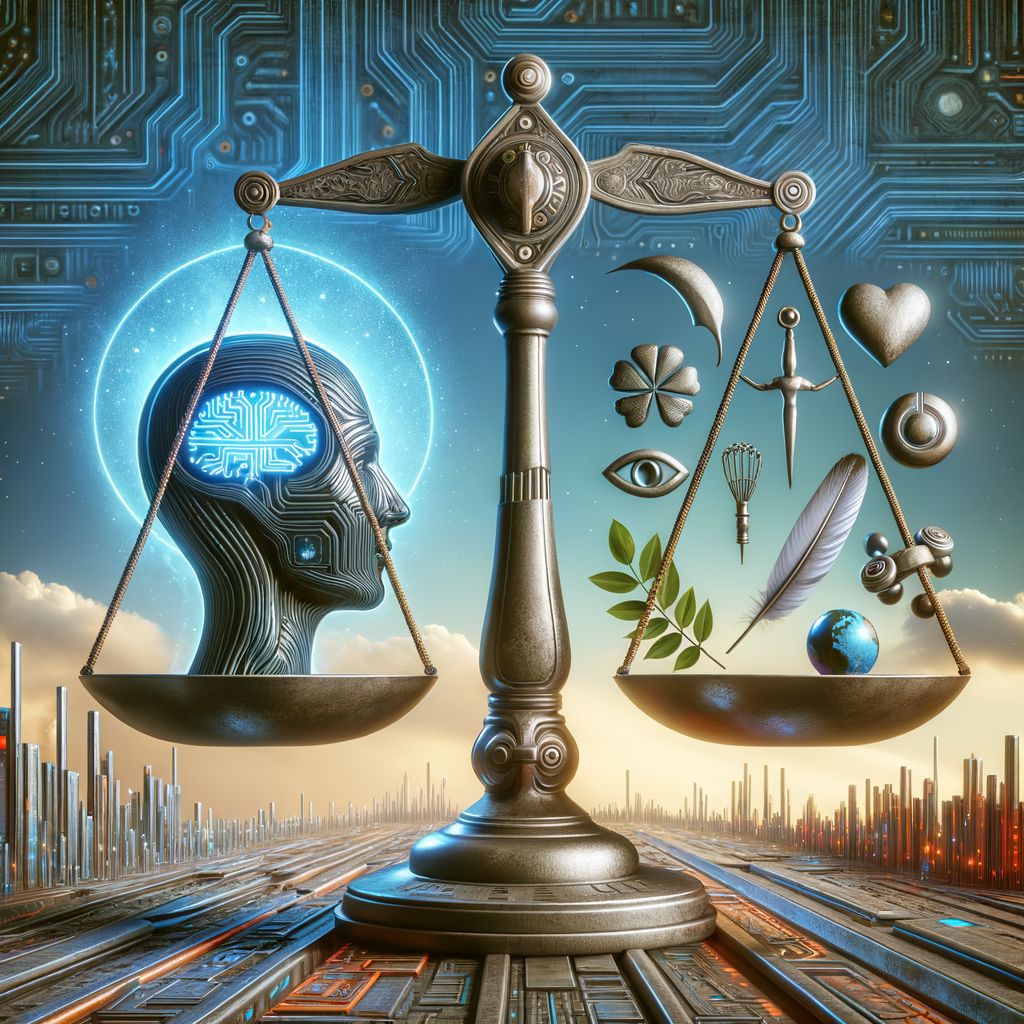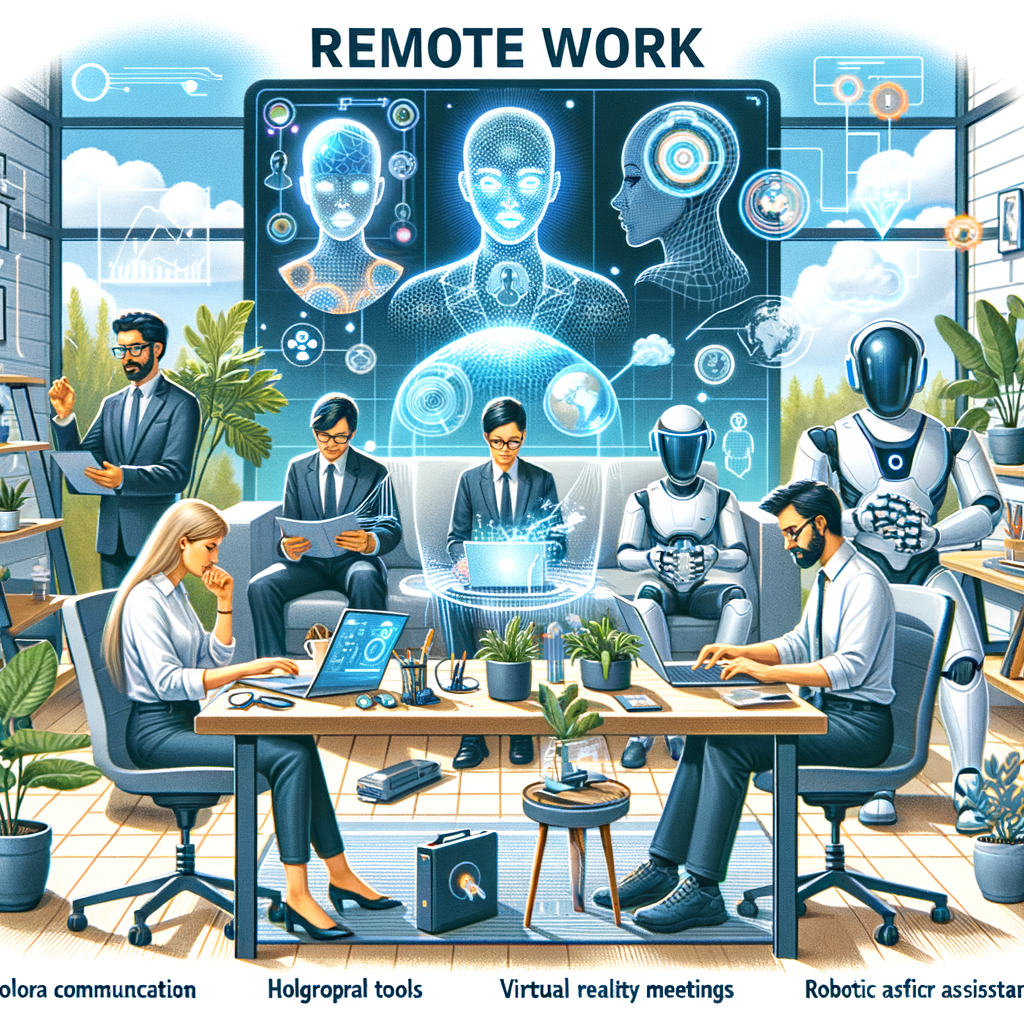Globalization is a phenomenon that has had an impact on the fabric of contemporary Western civilization, fostering an interconnected world where boundaries are blurred, and distances are shortened. This transformative process has facilitated the free flow of information, goods, services, and people across the globe, fundamentally altering the way nations interact and operate.
The Advent and Impact of Globalization
The collapse of the Soviet Union in 1991 marked the end of decades of East-West hostilities, paving the way for a new era of international relations. The United States and Russia embarked on a path of reconciliation, against the backdrop of a world growing increasingly connected through rapid advancements in telecommunications. This era saw the telecommunications systems, established in the 1960s, evolve into the complex web that would become the Internet, binding people and cultures in an intricate social and economic network (Hunt et al., 2018).
Globalization in the Digital Age

The rise of the Internet has epitomized the essence of globalization. Today, there are virtually no borders online; individuals can visit a website, purchase items from a vendor halfway around the world, and receive their goods within days. This ease of access and exchange represents globalization’s core: the unrestricted flow of information, trade, labor, and security worldwide (Hunt et al., 2018).
Economic and Cultural Impact
Economically, globalization has facilitated the emergence of a global market, where businesses operate across national boundaries, and consumers access a wider array of products and services. Culturally, it has led to an unprecedented exchange of ideas, values, and traditions, contributing to a more diverse and interconnected global community.
Challenges and Criticisms
While globalization has spurred economic growth and cultural exchange, it has also brought challenges. Critics argue that it can lead to the erosion of local cultures, exacerbate income inequalities, and contribute to environmental degradation. The debate continues how to balance the benefits of globalization with its potential downsides.
| Aspect | Description |
|---|---|
| Information Flow | Rapid and unrestricted exchange of information across global networks. |
| Trade and Commerce | Increased international trade and investment, leading to a global marketplace. |
| Cultural Exchange | Sharing and blending of cultural elements globally. |
| Economic Integration | Interconnected economies leading to global economic policies and practices. |
Conclusion
Globalization has indelibly marked Western civilization, driving economic integration, cultural exchange, and technological advancements. Its impact is multifaceted, offering opportunities for growth and development while presenting challenges that require careful navigation.
References
Hunt, L., Martin, T. R., Rosenwein, B. H., & Smith, B. G. (2018). The Making of the West, Volume 2: Since 1500 (6th ed.). Retrieved from VitalSource Bookshelf






